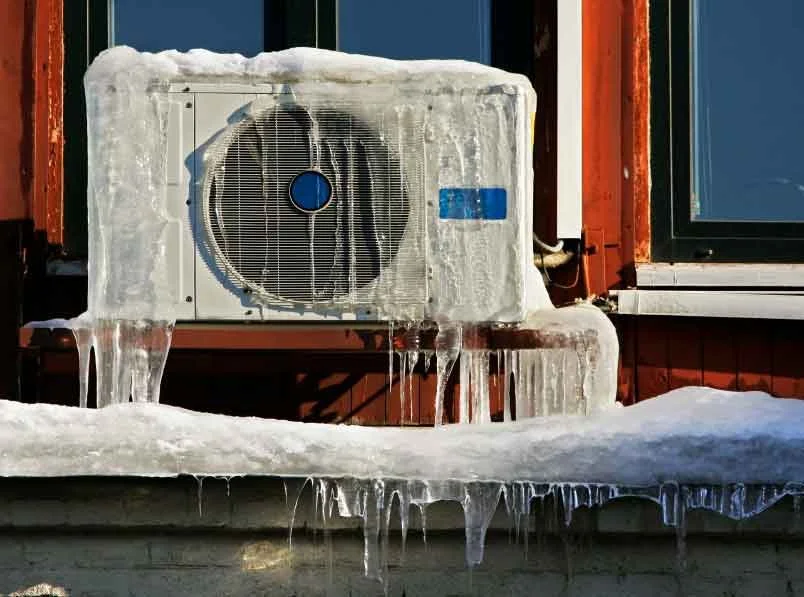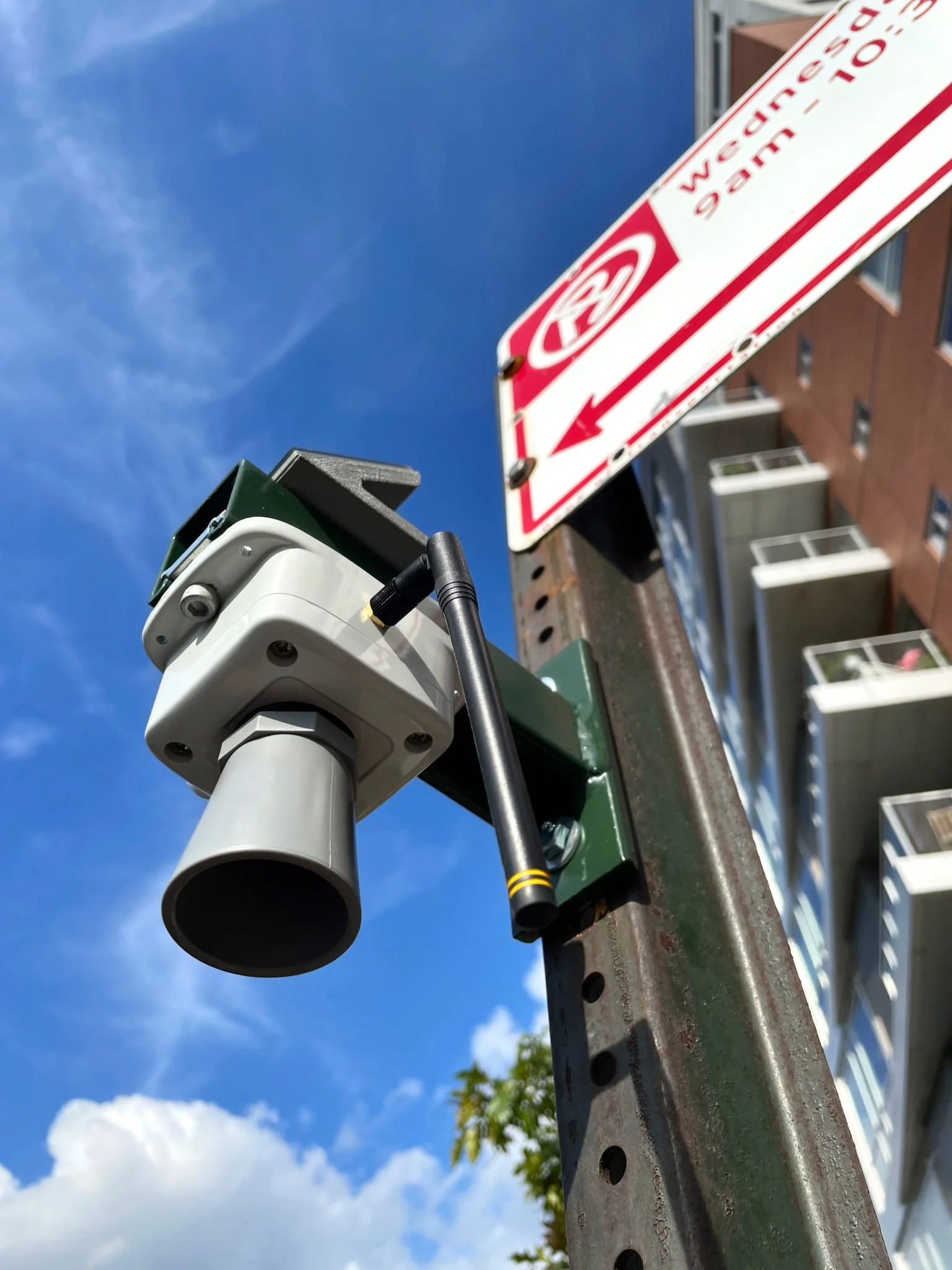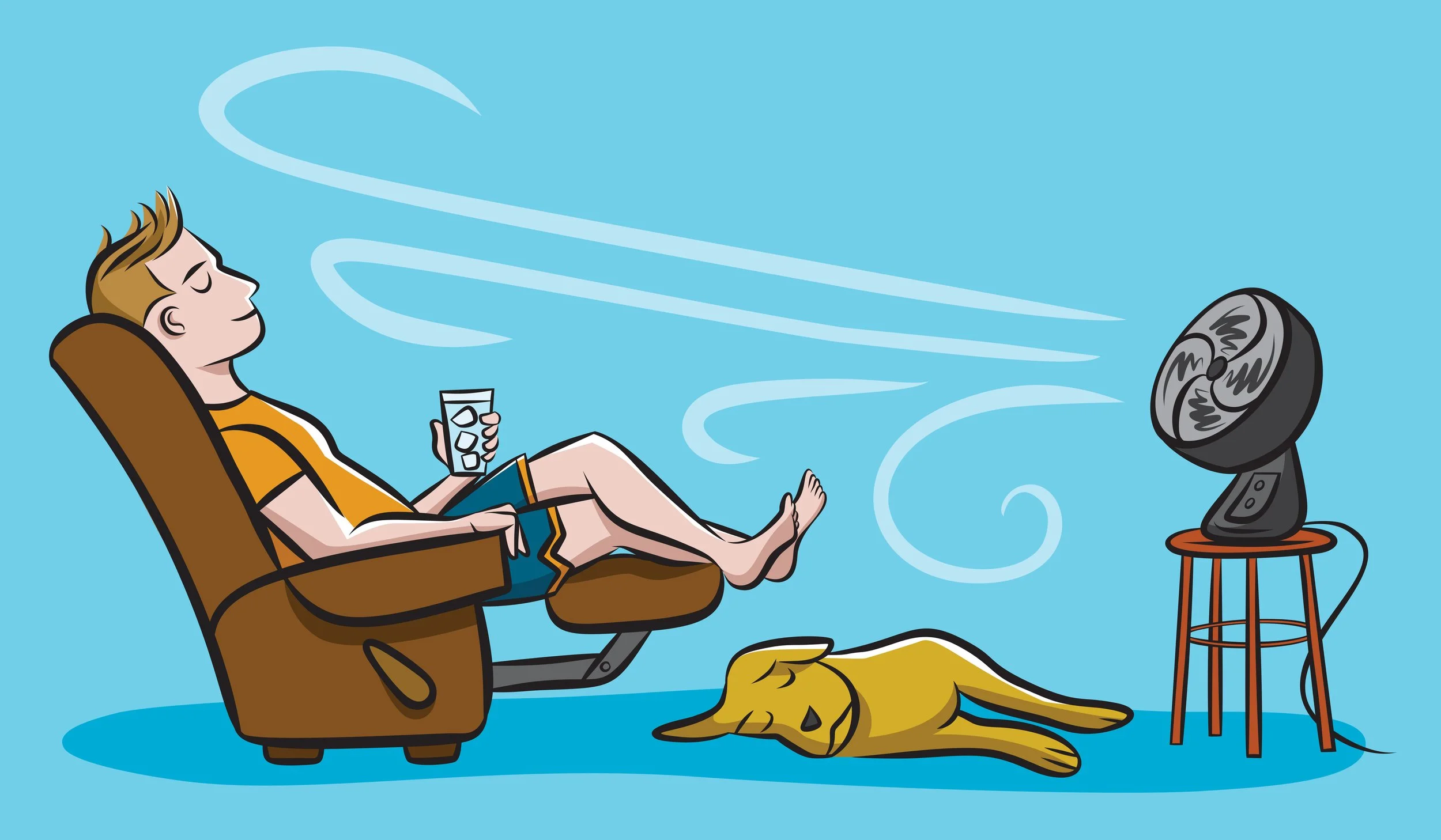Sourced from NYT | April 14, 2023 by Elena Shao
In the past decade, heat pumps have gained popularity in American households, surpassing gas furnaces in annual sales by a significant margin. With the recent arrival of extremely cold weather in the Midwest, homeowners are questioning the effectiveness of heat pumps in freezing temperatures. However, experts and proponents of electrification assure that heat pumps still function well in cold weather and can be more efficient and environmentally friendly compared to furnaces and boilers running on fossil fuels.
Heat pumps are versatile systems that provide both heating and cooling. In the summer, they function as traditional air conditioning units, removing heat from homes and circulating cool air. During winter, heat pumps draw heat into the home, even in freezing temperatures. As the temperature drops, heat pumps require more energy to extract heat, but they still remain more energy-efficient than gas or oil furnaces that rely on burning fuel to generate heat.
A heat pump condenser in Denver. Even in cold weather, electric heat pumps are more energy efficient than the gas or oil furnaces heating many homes. David Zalubowski | Associated Press
Unlike furnaces, heat pumps do not generate heat but rather transfer it. This unique feature allows them to achieve efficiencies of over 300 percent in some cases. By utilizing heat pumps for both cooling and heating, homeowners can save money on utility bills while benefiting from their high efficiency. Although heat pump adoption is growing in Maine, where many homes still rely on oil for heating, the upfront costs of cold-climate heat pumps can be substantial. However, the federal tax credit provided by last year's climate and tax law can cover up to 30 percent of the purchase and installation costs, up to $2,000.
Heat pumps have gained popularity despite exaggerated and misleading claims by fossil fuel industry groups, which suggest that they are ineffective in colder climates and prone to failure in freezing weather. While it is true that heat pumps become less efficient in subzero temperatures, many models can still operate close to normal in temperatures as low as minus 13 degrees Fahrenheit. In fact, countries with cold climates such as Norway, Sweden, and Finland have been increasingly embracing heat pumps.
To maximize the performance of heat pumps, homeowners can take additional measures such as sealing air leaks, addressing drafts, and improving insulation. These steps ensure that heat pumps operate optimally and minimize energy loss. Additionally, homeowners can retain their existing furnaces as backup systems for the coldest days of the year, ensuring that they have reliable heating when needed.











